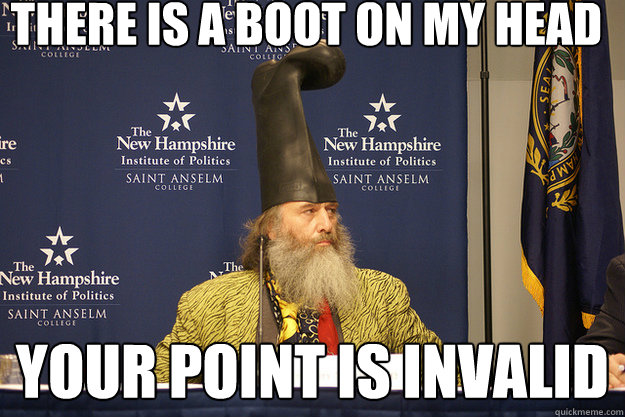HardOCP News
[H] News
- Joined
- Dec 31, 1969
- Messages
- 0
I know everyone is sick of hearing about Facebook's IPO today but this is definitely quote of the day:
"This is like kissing your sister," said John Fitzgibbon, founder of IPO Scoop, a research firm. "With all the drumbeats and hype, I don't think there'll be barroom bragging tonight."
![[H]ard|Forum](/styles/hardforum/xenforo/logo_dark.png)
